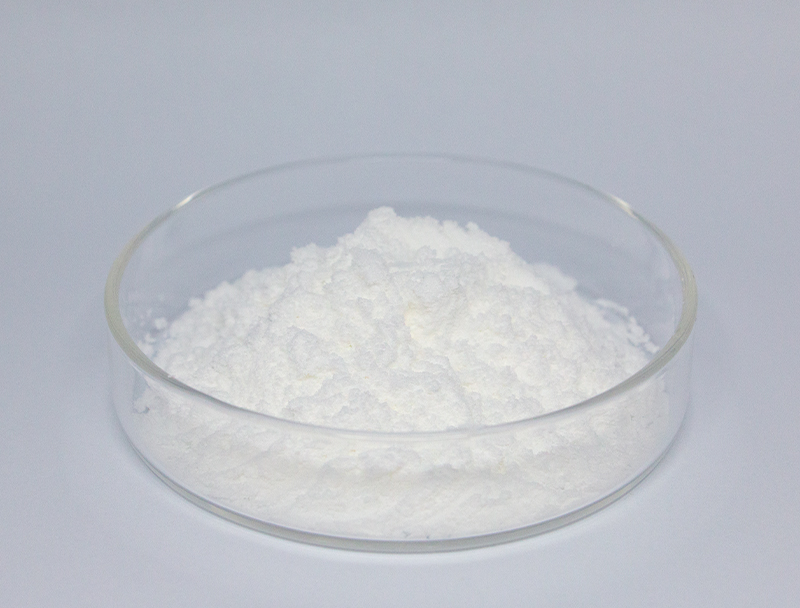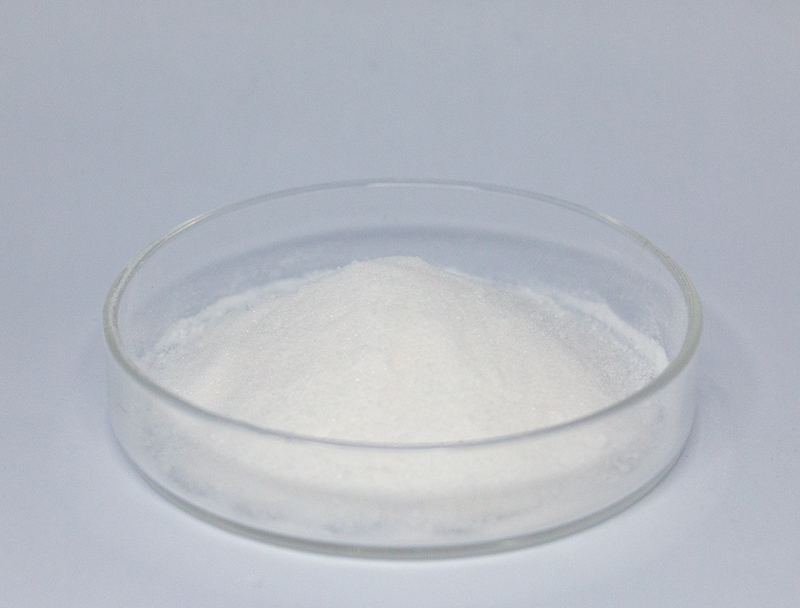
Bioprocessing depends strongly on a broad palette of input materials for generating cutting-edge biobased goods.
Assuring continuous ethical sourcing of resources is vital for future-proofing and moral progress in biomanufacturing.
several issues arising from typical material sourcing such as ecological damage and resource depletion. Accordingly, companies are required to implement regenerative sourcing methods to mitigate footprints.
- Instances of green procurement approaches are:
- Harnessing secondary biomass from farming outputs
- Integrating recovery systems to shrink waste while improving throughput
- Collaborating with regional vendors focused on fair procurement
Moving toward responsible sourcing creates ecological improvements and economic resilience.
Improving Biomass Inputs to Boost Biofuel Yields
Maximizing the efficiency of biofuel production relies heavily on the quality and composition of biomass feedstocks. Technologists actively pursue refinements to increase feedstock efficiency, delivering enhanced conversion and a more resilient energy mix. Efforts pair genetic enhancement for feedstock abundance with advanced pretreatment to produce usable sugars.
- Moreover, investigations target novel feedstocks like microalgae, municipal residues, and field residues to widen the pool of renewable biomass for biofuel use.
- By means of ongoing innovation the biofuel sector can achieve substantial advances soon, shaping a cleaner energy future.
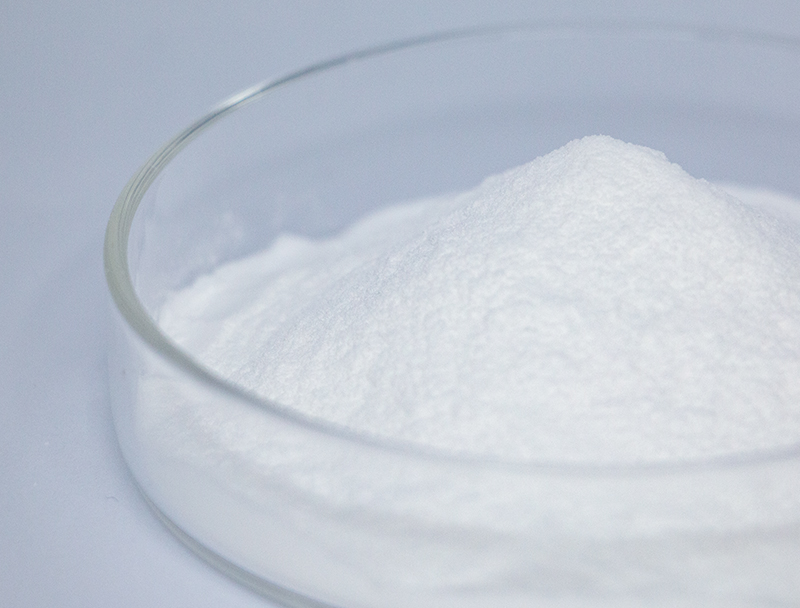
Transformations in Upstream Biopharma Workflow Design
comprises front-end procedures like culture expansion and cell retrieval Recent advances in this domain have led to improved production processes, ultimately increasing product yield.
Pivotal enhancements embrace high-performance cell lines, balanced media compositions, and intelligent reactor control systems. These strategies improve manufacturing efficiency and lessen cost and ecological effects.
- Moreover, continuous manufacturing adoption is enabling dynamic control and greater adaptability in upstream workflows.
- This move toward intelligent production systems is expected to reshape the industry and hasten drug development.
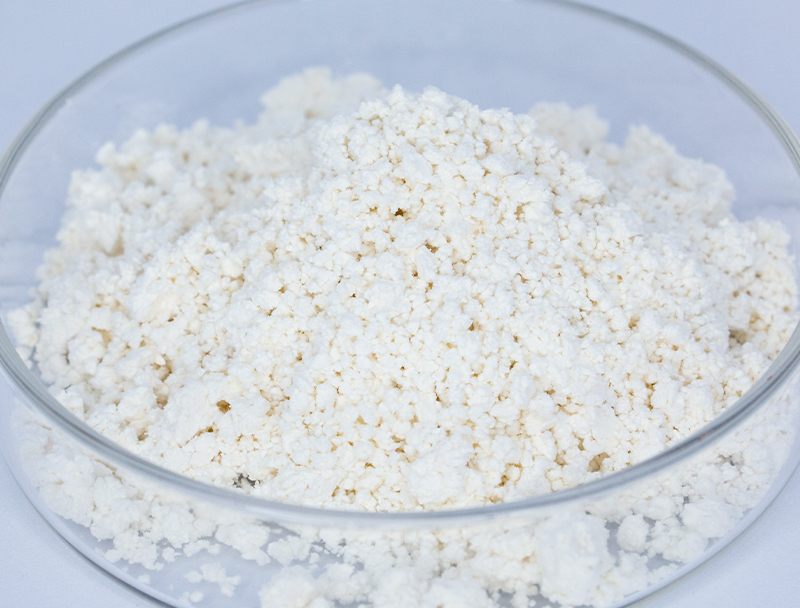
Molecular Editing Strategies to Increase Bioproduct Output
progresses in gene editing technologies, such as CRISPR-Cas9, have revolutionized the production of biopharmaceuticals. With exact genomic alterations, researchers improve host productivity for therapeutic manufacture. The technique provides opportunities to manufacture economical, high-yield therapeutics for varied indications.
Biodegradation Strategies Using Targeted Microbial Cultures
forward-looking microbial interventions for environmentally friendly decontamination. Certain microbes have capacities to biotransform contaminants into nonharmful forms.. Tapping into these capabilities enables green remediation tactics to restore ecosystems affected by industrial contamination.. Scientists are actively exploring a wide range of microbial species with diverse metabolic capabilities to target various pollutants, including heavy metals, pesticides, oil spills.. They can be integrated into bioreactor platforms or introduced in the field to stimulate microbial breakdown of hazardous compounds..
Microbial remediation approaches present key benefits relative to classic remediation methods. It is a cost-effective and environmentally friendly approach that minimizes the generation of harmful byproducts. Likewise, microbial systems can selectively degrade contaminants while sparing the wider environment. Research progresses swiftly to enhance microbial remediation efficiency and practical effectiveness.
Digital Methods Accelerating Pharmaceutical Discovery
Computational tools have grown indispensable in the current drug discovery landscape. From identifying potential drug candidates to optimizing their efficacy and safety, bioinformatics enables a more efficient and data-driven approach.
- By analyzing vast datasets of genomic, proteomic, and clinical data, bioinformaticians can uncover novel drug targets and predict the activity of potential therapeutics.
- Additionally, simulation tools enable prediction of binding and activity, guiding creation of more potent drugs.
- In conclusion, computational biology reshapes discovery pipelines and speeds delivery of reliable treatments for patients.
Metabolic Design Approaches to Boost Bioproduct Yields
utilizes multiple approaches to enhance production of desirable bioproducts in cells. Techniques span CRISPR-mediated edits to reshape pathways, synthetic control elements to fine-tune expression, and gene imports to grant new biosynthetic abilities.. By refining pathway flux and regulation engineers can significantly raise bioproduct production.
This comprehensive strategy could transform numerous sectors such as pharmaceuticals, farming, and renewable energy.
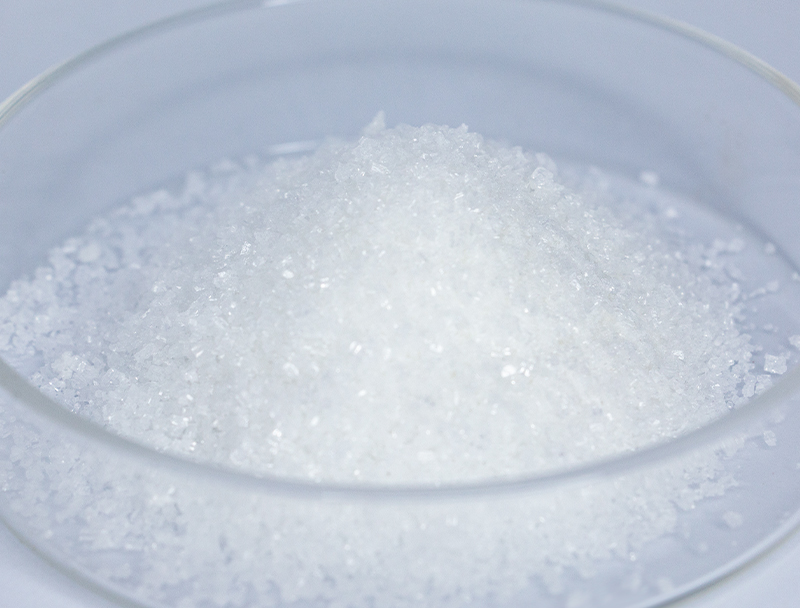
Industrializing Biopharmaceuticals: Risks and Rewards
Scaling up biopharmaceutical production presents both significant challenges and exciting opportunities. Retaining quality standards during scale enlargement is a core difficulty. Managing it necessitates robust automation, high-fidelity monitoring, and powerful analytical capabilities.
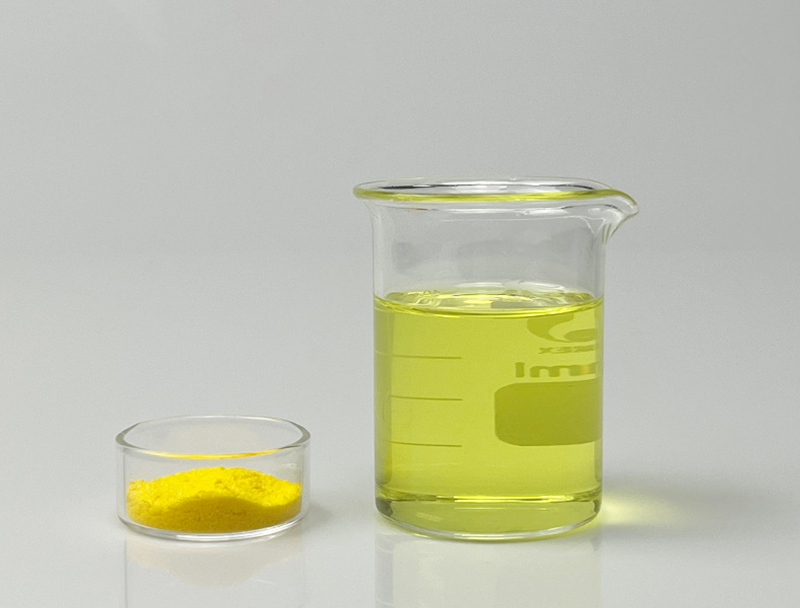
Additional complexity arises because biopharma production entails many coordinated stages.. Scaling optimization is a resource-intensive task that calls for substantial innovation and study.. However, the potential rewards are substantial. Achieved scale can widen availability of treatments, lower manufacturing costs, and boost financial β-Nicotinamide Mononucleotide returns.
Several projects are designed to mitigate these scaling barriers. These include the development of new technologies for process optimization, advanced analytics for real-time monitoring and control, and innovative manufacturing strategies.
- Development efforts are also playing a crucial role in advancing biopharmaceutical production capabilities.
- Regulators are reforming approval systems to facilitate adoption of advanced manufacturing and nurture innovation.
Charting Regulatory Pathways for Biologics to Safeguard Patients
Advancing biopharmaceuticals involves heavy regulatory scrutiny to secure product safety and proven efficacy. Living-source therapeutics present distinct obstacles in regulation and production relative to classical drugs.
Authorities including the FDA and EMA implement guidelines and thresholds to assess and approve novel biologic products.
Thorough testing frameworks are compulsory during all stages of development including after market release.. These controls function to identify dangers and ensure biopharmaceuticals achieve premier safety standards..
Similarly, regulators iteratively adjust approaches to accommodate emerging biopharmaceutical breakthroughs.. This includes embracing novel technologies and facilitating the development process while maintaining a commitment to patient well-being.

Evaluating Plant Biomass for Bioplastic Production
The rising demand for eco-friendly materials fuels R&D on bio-based alternatives. Plant-derived biomass as input for bioplastics represents a practical route toward greener materials. Biomass sources such as cornstarch, cellulose, and sugarcane are usable to produce plastics that biodegrade and reduce ecological impact.
Furthermore, these bioplastics often possess comparable properties to their petroleum-based counterparts, making them suitable for a wide range of applications.. Persistent innovation will be key to advancing plant biomass into mainstream bioplastic manufacturing for a circular future.
Biotech Contributions to Global Health and Crop Productivity
Biotech provides transformative capabilities that can change healthcare outcomes and strengthen food systems. Through CRISPR, synthetic circuit design, and cell therapy progress, developers generate methods to counter infectious agents, optimize crops, and elevate nutritional profiles.. For instance, genetically modified crops can be engineered to resist pests and environmental stresses, leading to increased agricultural production and reduced reliance on harmful pesticides.. Similarly, biotech contributes advanced vaccines, antimicrobial strategies, and diagnostic techniques crucial for infectious disease management and health advancement.. As the field evolves, biotechnology is expected to play a pivotal role in shaping a healthier and environmentally sustainable future for all.
